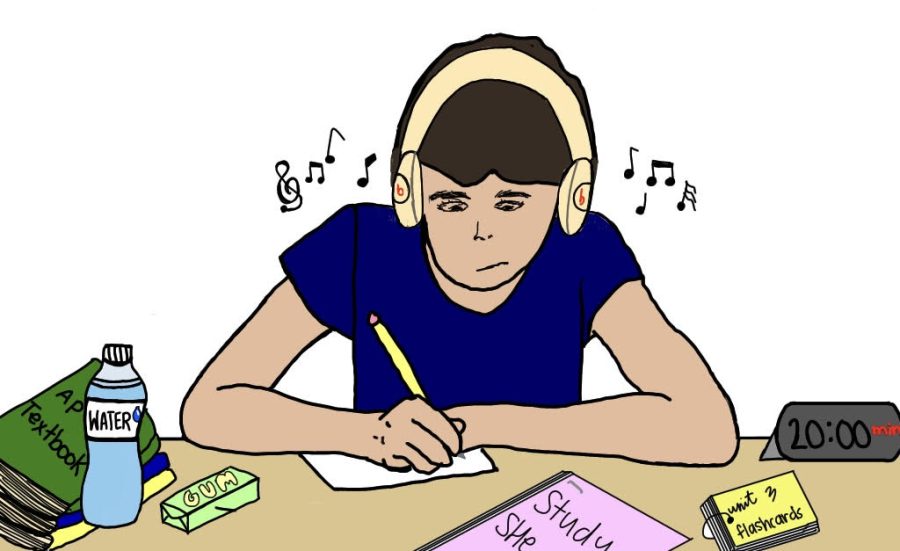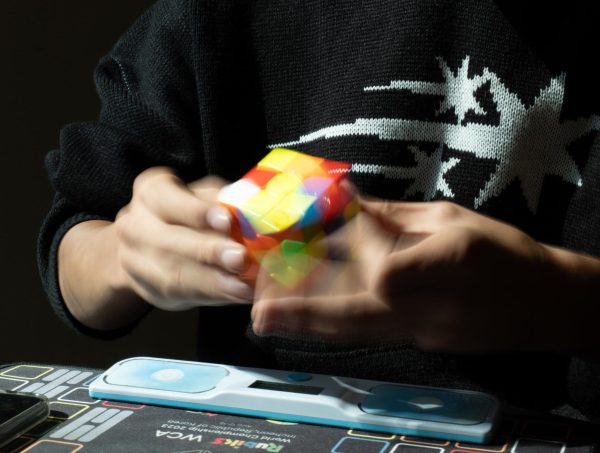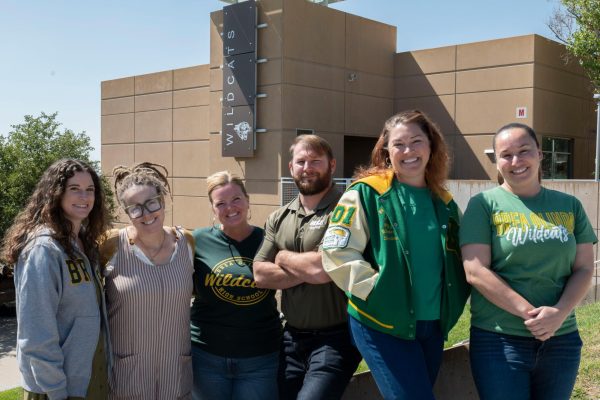How to Prepare for AP Exams
As AP exams start on May 2, the Wildcat veteran staff shares study tips to help students prepare for success.
As the school year comes to an end, students are cramming to ace their upcoming AP exams which begin on Monday. The Wildcat polled its veteran staff members for tips that will come in handy to prepare.
Alexis Alexander, senior:
“Some study tips I have are chewing gum while studying and chewing the same gum while taking the test because it helps you remember. A specific tip I have for studying for an AP Exam is getting those booklets for a specific subject and making sticky notes.”
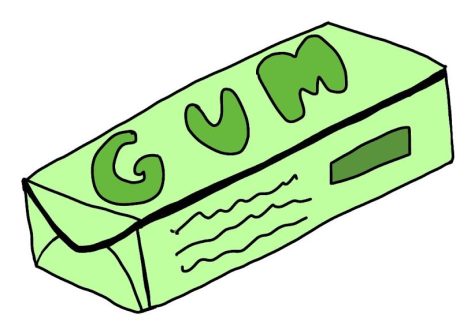
Vanessa Jo, senior:
“Study in an open space like a dining room. Don’t go to places you usually study at and find a new environment. I usually drink a beverage when I study and chew gum. Also make sure to take breaks, study two days then rest on the third day to give your brain time to remember everything.”
Melea Altermatt, senior:
“I section my notes and make sure to have a day to study each part and I try to memorize them all again. I like to make a list to check things off that I’ve done and listen to calming music, like Lofi or sometimes even ASMR on Youtube. Listening to Lofi music or ASMR calms me and my nerves and gets me into a study mode. Also being in a place without noise helps because you won’t be distracted.”
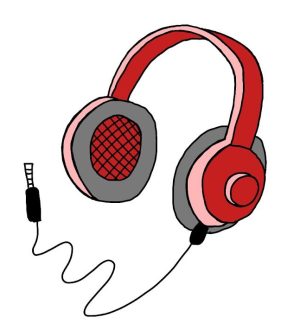
Amber Kim, senior:
“In general I try to plan ahead of time and like to put Lofi music in the background and other calming stuff. A good tip is to put on noise canceling headphones and also go to a library because you’re forced into an environment where you have to be productive..”
Katie Kudron, senior:
“What helped me for AP exams was looking over past tests and going over what I didn’t understand and what I got wrong. I would start studying days in advance and make study sheets for classes. I learned from my mistake that it is too stressful to study the day before and having multiple days to study is good for your brain.” (According to Oregon State University, using a “visual is even more effective, as the visual organization helps you see related concepts and make meaningful connections with the material.”)
Doyon Kim, junior:
“In order to clear my mind, I like to plan my studying schedule ahead of time. By doing so, I’m able to feel more calm and prepared, advancing into a ‘study mode.’ To prepare for actual exams I repeatedly go over textbook problems and make study sheets to feel one hundred percent ready.”
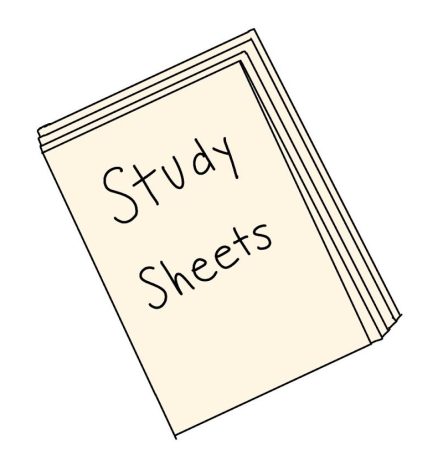
Natalie Dicesaris, senior:
“To study for AP exams I take all my notes and put them into their chapters then write all of them again. I also delete social media and make sure not to procrastinate. Doing all your work last minute is really bad for you and it can become a habit as you get older. Another tip is having a study buddy and having them quiz you using flashcards. Usually I work better when someone is there to motivate and help me because it makes me understand the concept more.” (Although deleting social media doesn’t necessarily mean it will stop students from going on social media on a different electronic, “it may decrease the average 4.7 hours a day Americans spend on their smartphones, and lead to students who become less inclined to constantly check the platforms by nature of not having them ready at hand 24/7,” according to the The Daily Texan.)
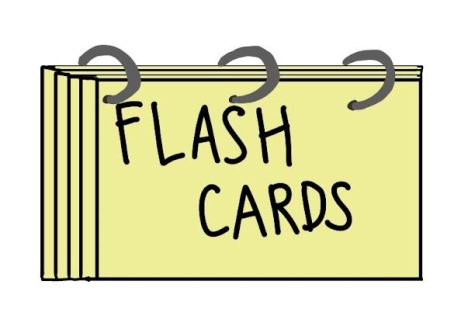
Jasmine Youn, junior:
“If I put myself in a different environment every so often, it helps me stay productive (I usually go to local cafes or the library). I also like using AP workbooks to study. Going through them and taking the practice tests help me feel more confident in my knowledge. Sometimes when there’s a lot of vocabulary to study, I make flash cards for things that I need to memorize. In this way, I get to practice active recall, which helps me remember information effectively without wasting any time.” (Active recall is a principle of efficient learning. A study by Karpicke and Roediger showed the effectiveness of active recall and it was found that students who used this method slowed their forgetfulness compared to those who don’t.)
Karis Choi, junior:
“To study I try to do it more during the day and not at night because I get tired and my brain doesn’t work as well as it would during the day. To prepare for tests and exams I found that watching Youtube videos covering topics I had trouble with has helped me. I also made a Quizlet with all the vocab words throughout the year and flipped through them whenever I had the chance, which also helped me a lot for my AP European History Exam last year.”
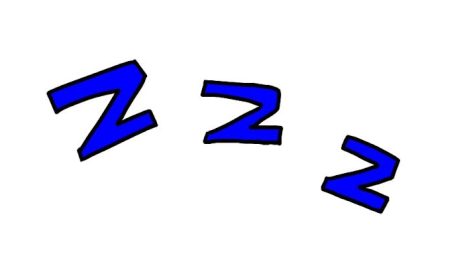
Isabella Abalos, senior:
“What I do is take a nap and I’ll study for an hour or two then take a break, and I’ll go back to doing my work again. Taking breaks is really important because it gives your brain time to process all the information you’ve learned and once you get back to work your mind will refresh and remember everything better. (According to Cornell University, research showed that taking breaks from studying increases your overall performance.)
Your donation supports the student journalists at Brea Olinda High School! The contribution will help us purchase equipment, upgrade technology, and cover our annual website hosting costs.

Rachel Lim, senior is excited for her third year on the Wildcat staff. For fun she loves to draw, play the guitar, and workout. In the future she hopes...


